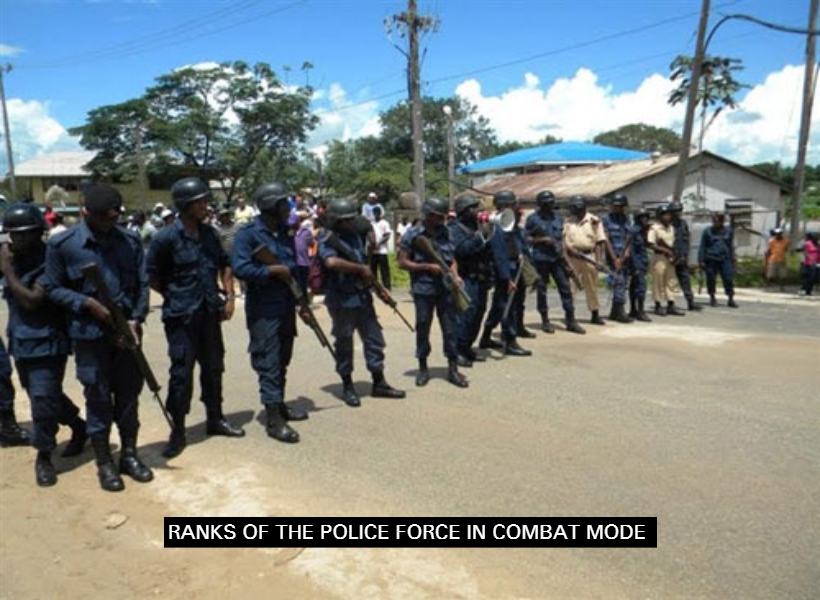The U.S. Embassy and the Bureau of International Narcotics and Law Enforcement (INL), through its grant Strengthening Criminal Justice Project (SCJP), has announced moves towards capacity building in a new forensic skill set for Guyana’s Police Force.
The training in bloodstain pattern recognition will include over 20 representatives from across the criminal justice system in Guyana. The training commenced Monday and is set to conclude this Friday, March 1, 2019.
Bloodstain pattern recognition and analysis is an area of forensic science where experts examine the size, shape, location, and distribution patterns of bloodstains in order to determine the physical events that occurred at a crime or sudden death scene.
This new skill set will support Guyana’s Police Force (GPF) to solve serious crimes, including homicides and other investigations involving blood deposits. The weeklong training includes a mix of theoretical and practical sessions. Mr. Jon Forsythe, an expert in the field and a retired member of the Royal Canadian Mounted Police (RCMP) with over 38 years of policing experience will lead the training.
The course, offered in Guyana for the first time, will give GPF personnel the unique opportunity to gain in-depth exposure to knowledge on recognition of bloodstain patterns and their significance in criminal investigations. Participants will learn the history of bloodstain pattern analysis as it pertains to forensic science. They will learn about human anatomy, biology of blood, where the stain originated from, including the value of proper collection for DNA profiling.
All levels of justice sector officials will benefit from the training. In keeping with a comprehensive approach, the event will also include investigators, prosecutors, members of the judiciary and the Guyana Forensic Science Laboratory.
The Embassy and INL grantee Justice Education Society of British Columbia will organize and facilitate the training, according to information released by the Force.













